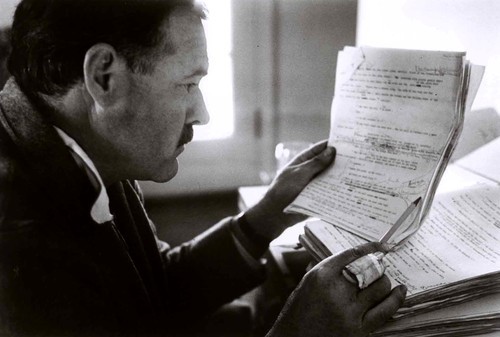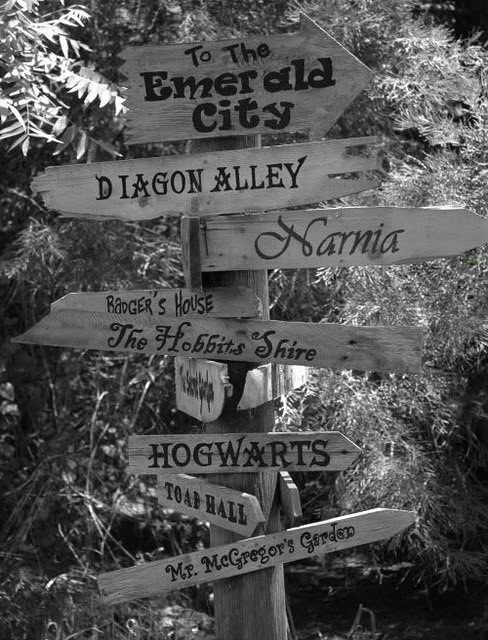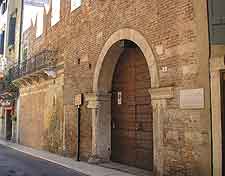It is rare that I read a book that comes this close to perfection. Uprooted, by Naomi Novik, is both literary and fun, bold and romantic, as it explores the twin themes of belonging and finding your own way.
The story begins as a typical "Once upon a time…" The main character, Agniezska, is imprisoned in the tower of a dark wizard known only as the Dragon. She is quiet, obedient, and fearful of him, a man who is powerful, mysterious, and surly. However, the tropes quickly unravel, which is what makes this book so phenomenal.
We get our first sense that this isn't your average fairytale with the arrival of Prince Marek, the "white knight," an image that dissolves when he tries to force himself on Agniezska. In protecting herself, she discovers that she's a witch--that she is not the Dragon's servant, but his apprentice.
Unfortunately, the Dragon is not Dumbledore. He's more of a Snape. He instructs her in magic because the law requires it--and grows increasingly irritated with her desire to break the rules. However, he understands that she has incredible power. That she might be the key to defeating the horror known as the Wood.
The Wood is the great evil in this book. It's incredibly unique--a shapeless thing, invisible without magic, that plots and sets traps and seeks revenge. It gets into people's heads, tortures them, makes them do terrible things they wouldn't do otherwise. Even though the Dragon has been attempting to hold it at bay, it grows stronger every year. It's goal: to devour the entire country.
This sets up the rest of the story. While the action is wonderful, it's the characters--including the Wood--that really drives this book. The only one that falls a bit flat is Agniezska's best friend, Kasia. We see a little bit of depth when we get a glimpse of her jealousy, but it's contained to a single scene. I would have liked to see more of her internal struggle post-Wood. Like, she's practically Pinocchio, and it doesn't seem to bother her in the slightest. While she certainly offers some great battle scenes, she doesn't contribute much to the conversation.
As far as strong female characters go, Alosha is better. She's a blacksmith. She's badass.
The Falcon--another wizard--serves as a great foil for the Dragon. He's slimy, loves court life and attention, thrives in war, and lusts after Agniezska's power.
But he isn't a villain. In this story, there is no black-and-white: the Wood has its motives, the Dragon's moral compass doesn't quite point north, and even Marek--the would-be rapist--has redeemable qualities. He's brave. He loves his family.
Of course, the star players are Agniezska and the Dragon, who complement each other like pretzels and Nutella. She is sunshine; he is rainclouds. She goes off the beaten path; he is a stickler for rules. She understands the depth of the human experience. He…doesn't. At least, not until she gives him a firm scolding. Here, for instance, she confronts him about his practice of taking village girls as slaves, essentially:
He made an impatient gesture, not looking at me; if he had seen my face, perhaps he would have stopped. "I don't take puling girls who want only to marry a village lover, or ones who cringe away from me--"
I stood straight up, the chair clattering back over the floor away from me. Slow and late and bubbling, a ferocious anger had risen in me, like a flood. "So you take the ones like Kasia," I burst out, "the ones brave enough to bear it, who won't hurt their families worse by weeping, and you suppose that makes it right? You don't rape them, you only close them up for ten years, and complain that we think you worse than you are?"
He stared up at me, and I stared back, panting. I hadn't even known those words were in me to be spoken; I hadn't known they were in me to be felt. I would never have thought of speaking so to my lord, the Dragon: I had hated him, but I wouldn't have reproached him, any more than I would have reproached a bolt of lightning for striking my house. He wasn't a person, he was a lord and a wizard, a strange creature on another plane entirely, as far removed as storms and pestilence.
But he had stepped down from that plane; he had given me real kindness. He'd let his magic mingle with my own again, that strange breathtaking intimacy, all to save Kasia with me. I suppose it might seem strange that I should thank him by shouting at him, but it meant more than thanks: I wanted him to be human.
While not my favorite scene in the book, it's one of them because it gets at the central conflict between Agniezska and the Dragon: his self-imposed detachment from ordinary people. It's an issue that Agniezska must confront in her own life, too, as she realizes that she will have to face the same curse that caused his isolation: as a witch, she will live for centuries, forced to watch her loved ones die.
Fortunately, she has the Dragon.
There is no insta-love here. In fact, the word "love" is never used to refer to their relationship. It's one of mutual respect, admiration, and a recognition that the other is intelligent and courageous in his/her own way. Neither is possessive. Neither is jealous. And while the Dragon often uses choice words when speaking to Agniezska, his actions are kind. In short, their relationship is beautiful, as seen in this incredible scene in which they combine their power to help Kasia:
He resisted at first, holding for a moment to the clean precision of his own working, but my own magic was offering his an invitation, and little by little he began to read--not any less sharply, but to the beat I gave. He was leaving room for my improvisations, giving them air. We turned the page together and kept on without a pause, and halfway down the page a line flowed out of us that was music, his voice crisply carrying the words while I sang them along, high and low, and abruptly, shockingly, it was easy.
No--not easy; that wasn't even an adequate word. His hand had closed on mine, tightly; our fingers were interlaced, and our magic also.
All right, so there are certainly some weird elements to this relationship. Stockholm Syndrome. A professor/student relationship. The fact that he's 150 years older than her. You know, stuff that wouldn't fly in a lesser story. But it works. The Dragon isn't creepy or controlling. Agniezska isn't obsessive. Both manage to live very independent lives, but every once in a while, they get together and make some magic. Literally. And not so literally.
All in all, this book is dark and magical and sexy and incredible. If you're a fan of Gregory Maguire or Leigh Bardugo, this book is a must-read.
You can find it on Amazon and Barnes & Noble!




